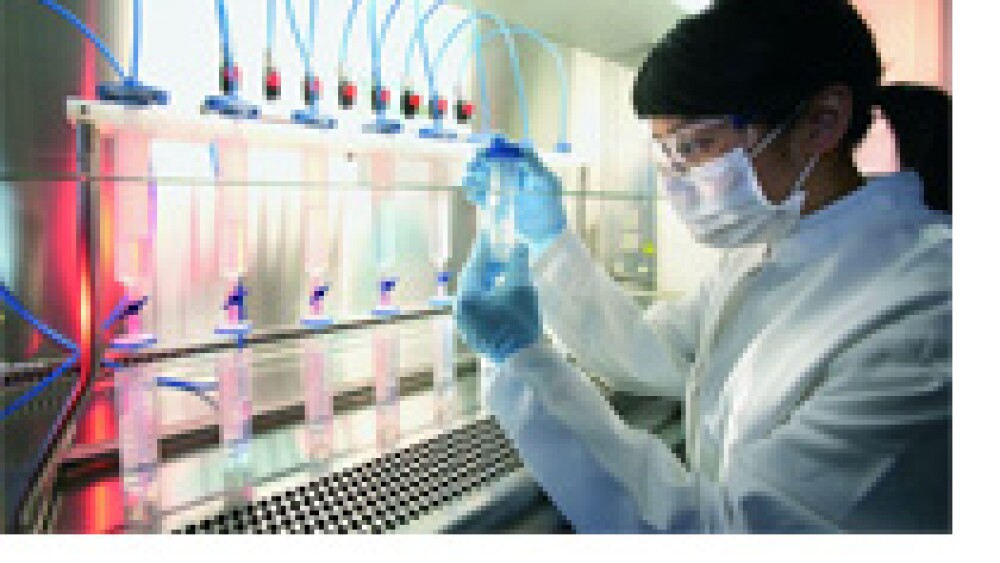February 3, 2015
By Alex Keown, BioSpace.com Breaking News Staff
CAMBRIDGE, ENGLAND – The fate of AstraZeneca ’s controversial research facility in Cambridge will be decided Wednesday, Feb. 4, when city leaders will vote on finalizing—or rejecting—plans for the pharmaceutical company’s latest building application.
Some citizen groups are opposed to the building of the 644,000 square foot facility that will include corporate headquarters and research and development facilities due to the use of animal testing laboratories and the possibility of chemical and biological agents that could be used in the development of weaponry. There has also been staunch opposition to the firm’s use of animals in its testing process.
In 2013 AstraZeneca used more than 260,000 animals in its product development. According to its website, 91 percent of the animals used were rodents, 8 percent were fish and the remaining 1 percent included primates, canines and rabbits.
Speaking to British media, an AstraZeneca spokesperson said company officials are confident the new facility poses no health or security threats to the community. Any biological or chemical agents that fall under the British Anti-terrorism, Crime and Security Act 2001 are so miniscule that they pose no threat and would not fall under the scope of the security legislation.
A petition filed on the website Change.org by the animal rights activist organization Cambridge against AstraZeneca Planning, or CAP, has garnered just under the organization’s goal of 5,000 signatures as of Tuesday. CAP’s members are opposed to the proposed animal testing facilities at the AstraZeneca site. CAP claims the pharmaceutical company “abuses around 300,000 animals per year in cruel, unnecessary and useless experiments based on 2011, 2012 and 2013 numbers.”
Members of CAP and British Union for the Abolition of Vivisection plan to speak out against the proposed facility at the council meeting. In addition to using animals in research, CAP also objects to the facility due to expectations of increased automobile traffic in the area, chemical and biological waste disposal and noise pollution.
AstraZeneca, which manufactures numerous prescription medications including Symbicort, Prilosec and Crestor, announced its plans to build the Global R&D Center and corporate headquarters on the Cambridge, England BioMedical Campus in March 2013. The site, with an estimated cost of £330 million, is expected to employ approximately 2,000 people.
The Cambridge site will become the company’s largest oncology research center, according to the AstraZeneca website. Additionally the site will focus on cardiovascular and metabolic diseases, respiratory, inflammation and autoimmune diseases and conditions of the central nervous system. As part of its oncology research the Cambridge site is expected to include a “rodent facility” to support company research into the early stages of cancer.
On the part of its website about animal testing, AstraZeneca included this statement -- “Animal studies continue to play a vital role in the search for new and improved medicines. We are committed to the responsible use of animals and the welfare of the animals we use is a top priority.”
BioSpace Temperature Poll
Will Hiring Heat Up in 2015? With companies as large as Biogen Idec and as small as ICON upping their hiring across the board, where do you think the biotech job market will go in 2015? BioSpace wants your opinion!
| Read at BioSpace.com |





